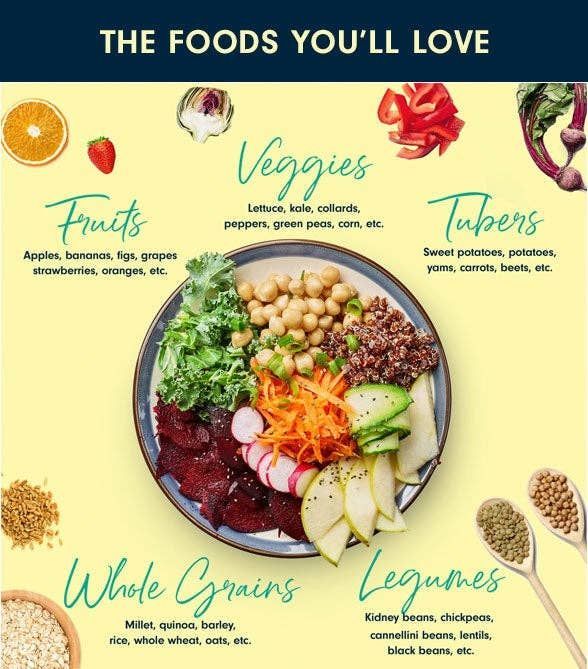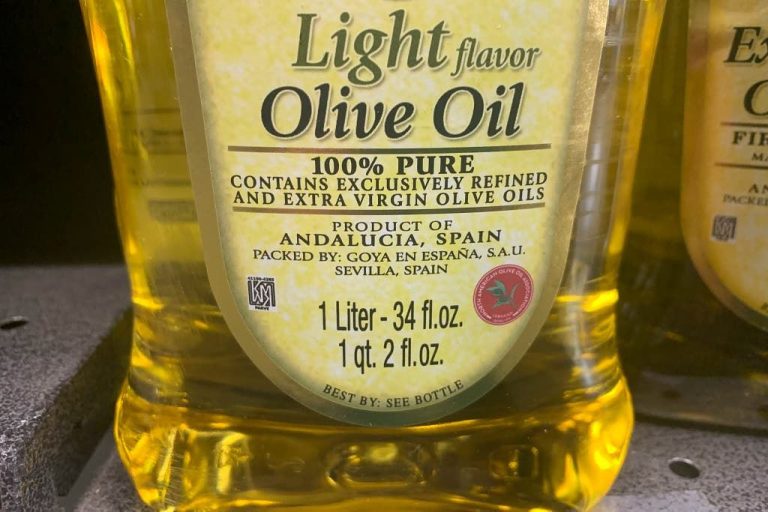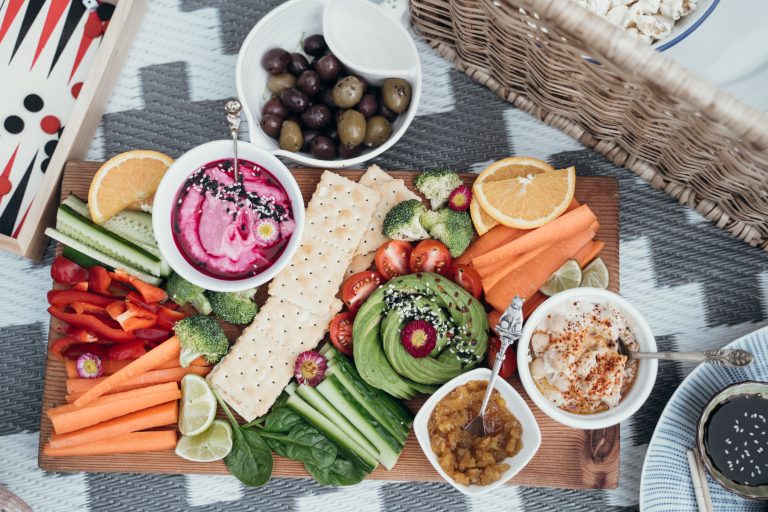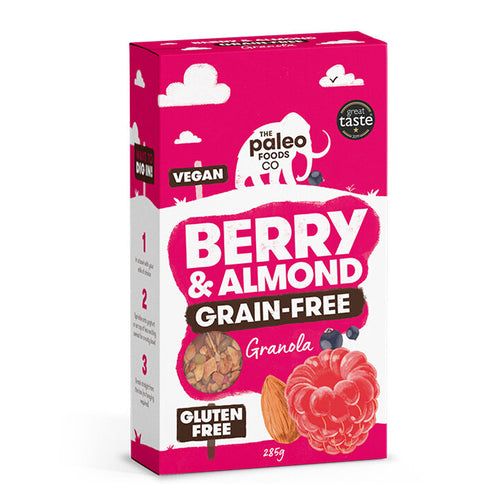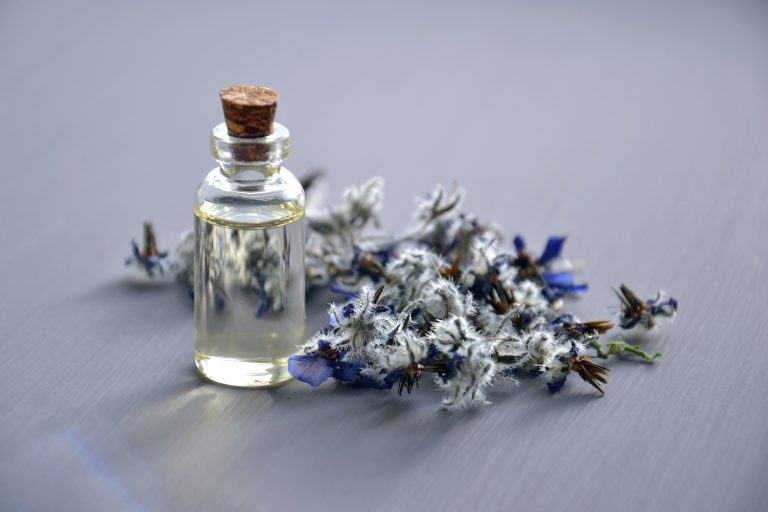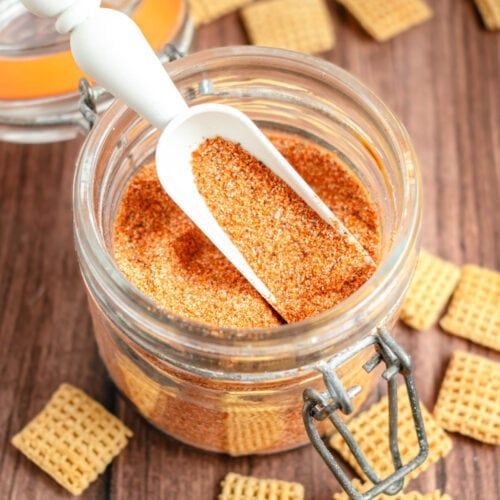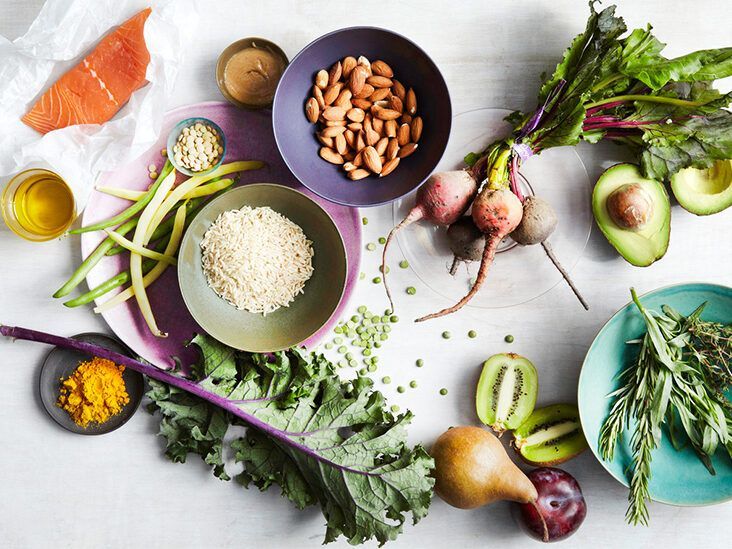Herbs are an essential part of cooking, adding flavor and depth to dishes with their unique aromas and tastes. Whether you prefer using fresh herbs straight from the garden or dried herbs from the pantry, knowing how to use each type properly can make a big difference in your cooking. In this article, we’ll explore the differences between fresh and dried herbs and how to best utilize them in your recipes.
Fresh Herbs
Fresh herbs are a great way to add a burst of flavor to your dishes. They are typically more aromatic and vibrant in taste compared to their dried counterparts. When using fresh herbs, it’s important to remember that they are more delicate and should be added towards the end of cooking to preserve their flavor. Here are a few tips for using fresh herbs in your recipes:
1. Use the Right Amount
Since fresh herbs are more potent than their dried counterparts, you will need to use a larger quantity to achieve the same level of flavor. A general rule of thumb is to use three times the amount of fresh herbs compared to dried herbs in your recipe.
2. Wash and Dry Thoroughly
Before using fresh herbs, make sure to wash and dry them thoroughly to remove any dirt or residue. You can pat them dry with a clean kitchen towel or use a salad spinner to remove excess moisture.
3. Add Towards the End of Cooking
To preserve the delicate flavors of fresh herbs, it’s best to add them towards the end of cooking. This will ensure that their aroma and taste remain vibrant in the finished dish.
Dried Herbs
Dried herbs are a convenient pantry staple that can add depth and complexity to your dishes. While they may not be as potent as fresh herbs, they are still a great way to add flavor to recipes that require longer cooking times. Here are some tips for using dried herbs in your cooking:
1. Use in Longer Cooking Dishes
Dried herbs are best suited for dishes that require longer cooking times, such as stews, soups, and braises. The extended cooking time allows the flavors of the herbs to meld with the other ingredients in the dish.
2. Store Properly
To ensure the longest shelf life and maintain the potency of your dried herbs, store them in a cool, dark place away from direct sunlight. It’s also a good idea to keep them in airtight containers to prevent moisture from getting in.
3. Crush Before Using
Before adding dried herbs to your dish, it’s a good idea to crush them between your fingers to help release their flavors. This will ensure that the herbs infuse the dish with their aroma and taste more effectively.
Combining Fresh and Dried Herbs
While fresh and dried herbs have their own unique qualities, there is no rule against combining them in a recipe. In fact, using a combination of fresh and dried herbs can create a more complex and well-rounded flavor profile in your dishes. Here are a few tips for combining fresh and dried herbs:
1. Add Fresh Herbs at the End
If you are using a combination of fresh and dried herbs in a recipe, add the fresh herbs towards the end of cooking to preserve their delicate flavors. This will ensure that the dish has a vibrant and aromatic finish.
2. Adjust Quantities
When combining fresh and dried herbs, you may need to adjust the quantities to achieve the desired level of flavor. Experiment with different combinations to find the perfect balance that suits your taste preferences.
3. Taste and Adjust
As with any cooking, tasting and adjusting as you go is key to creating delicious dishes. Don’t be afraid to add more herbs or adjust the seasonings to suit your taste.
Using fresh and dried herbs in your cooking can elevate the flavors of your dishes and add a depth of taste that is sure to impress your family and friends. By following these tips and experimenting with different combinations, you can become a master at using herbs to create delicious meals that are bursting with flavor.
Now that you know the differences between fresh and dried herbs, it’s time to put your knowledge to the test in the kitchen. Get creative with your herb combinations and let your culinary skills shine!
